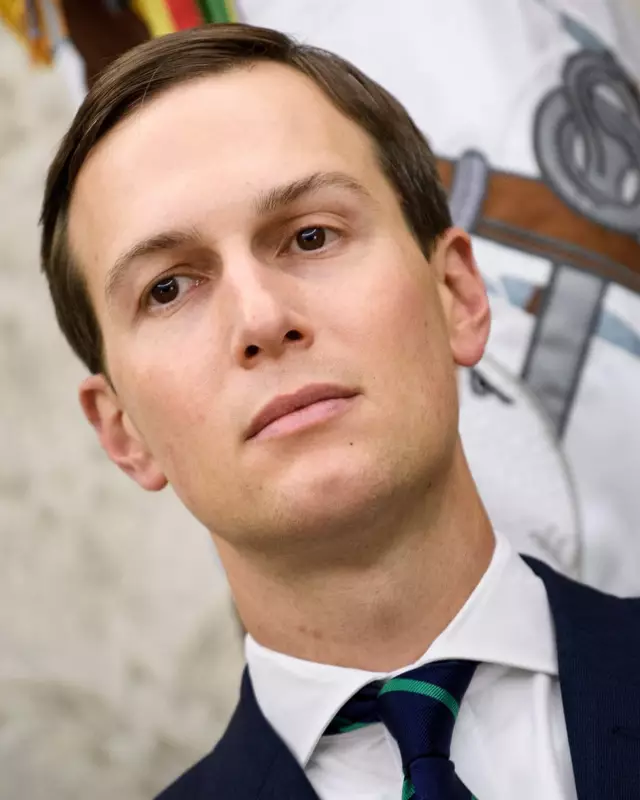
An alarming web of financial connections has been uncovered at the centre of Jared Kushner's involvement in Gaza ceasefire negotiations, raising profound questions about ethical boundaries in international diplomacy.
The Financial Backing Behind the Peacemaker
While publicly positioning himself as a neutral mediator in sensitive Middle East peace talks, Jared Kushner's private equity firm, Affinity Partners, has been receiving billions in funding from the very governments he was negotiating with. This creates what ethics experts describe as "one of the most significant conflicts of interest in modern diplomatic history."
The Money Trail
Documents reveal that Affinity Partners secured a staggering $2 billion from Saudi Arabia's Public Investment Fund, alongside substantial investments from Qatar and the United Arab Emirates. These nations have direct strategic interests in the outcome of Gaza ceasefire negotiations and broader Middle East stability.
Parallel Tracks: Diplomacy and Dealmaking
During the same period Kushner was engaging in high-stakes diplomatic shuttle missions across the Middle East, his financial interests were simultaneously deepening relationships with regional power brokers. This dual role created an environment where peace negotiations and business interests became dangerously intertwined.
The Revolving Door of Power
Kushner's transition from senior White House advisor to private equity investor with Middle Eastern backing highlights the blurred lines between public service and private gain. Former government officials moving directly into roles where they can leverage their contacts and knowledge has become a growing concern in political ethics circles.
Expert Concerns and Ethical Questions
Governance specialists and diplomatic experts have expressed serious reservations about this arrangement. The fundamental concern is whether Kushner's diplomatic efforts were influenced by, or could be perceived as being influenced by, his financial dependencies on the parties involved in the negotiations.
The Defence from Kushner's Camp
Representatives for Kushner have consistently maintained that his business dealings are completely separate from his diplomatic efforts. They argue that his financial relationships were established after his government service and that he maintains strict ethical boundaries between his various roles.
Broader Implications for International Diplomacy
This case raises critical questions about the future of diplomacy in an era where former officials can monetise their government experience and contacts. The lack of clear ethical guidelines for post-government employment creates potential vulnerabilities in sensitive international negotiations.
The revelations about Kushner's financial ties during ceasefire talks underscore the urgent need for stronger ethical frameworks governing the transition between public service and private enterprise, particularly in matters of international security and diplomacy.





